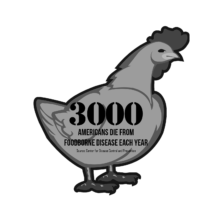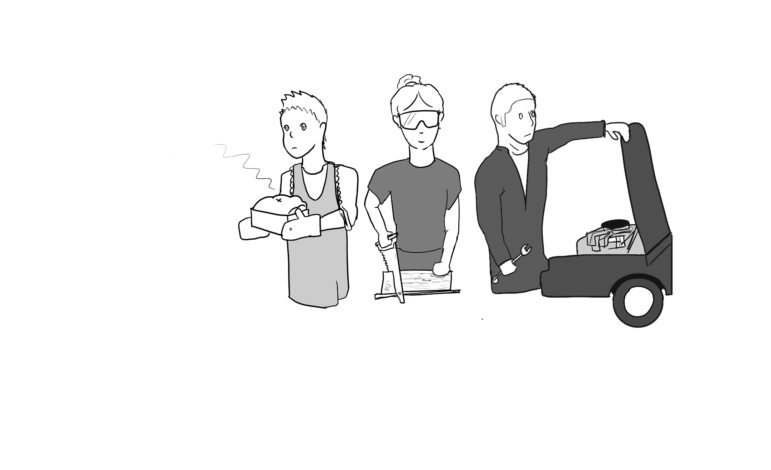Aragon used to have a diverse home economics program. It was separated into two elective classes: one for boys to learn about auto mechanics, electrician work and wood working, and another for girls to learn about sewing and cooking.
Now, in 2018, Aragon’s home economics classes have been narrowed down to only focus on food. But there is a broader range of subjects that can be classified into home economics.
Along with teaching subjects such as math, English, science and history, high school has another job: to teach maturity. But are we truly “mature” if we are not versed in important life skills like cooking and managing money?
“Educating students to be
healthier eaters and teaching
them to take care of themselves
better is essential”
Ultimately, high school is not preparing us for our futures, unless it somehow incorporates more practical skills that will be useful in our everyday lives.
Educating students to be healthy eaters and teaching them to better take care of themselves is essential. One cannot be successful in life if they have health problems that result from poor eating habits and food hygiene.
The U.S. Department of Health and Human Services reports that the “typical American diets exceed the recommended intake levels or limits in four categories: calories from solid fats and added sugars; refined grains; sodium; and saturated fat.”
In addition, many Americans do not eat enough fruits, oils, vegetables, whole grains and dairy.
Students thinking about “home economics” might be thinking of an older version from Aragon during the ‘70s, like learning sewing or cooking. On the contrary, modern home economics actually has a broader range.

Topics that could be touched upon are sanitary cooking practices, budgeting and learning how to take care of oneself when sick.
Learning cleanliness is particularly important since the Center for Disease Control and Prevention states that around 3,000 Americans die from foodborne disease each year.
In modern day society, parents are spending significantly less time with their kids than they have in the past. This makes it harder for children to learn how to do their chores or manage money from their parents.
In the past, our grandparents or parents learned from their parents how to do the tasks normally associated with home economics. This can partially be because of the work hours in America being were shorter in the past.
According to the U.S. Bureau of Labor Statistics, an average workweek lasted around 39 to 41 hours during the last four decades after World War II. In 2014, the average work week was 47 hours, according to Gallup.
Out of many different possibilities, the two simplest ways for Aragon to have a home economics curriculum that reaches a broader range of subjects are to have an elective class or to integrate home economic topics into the schedules of other classes.
For some students, taking a more academic elective than home economics is more appealing, but there are other ways that the lessons included in home economics can be integrated to other classes.

Home economics overlaps with other subjects already taught at school, so classes, such as P.E. or Health, could have units on the importance of receiving proper nutrition or how to take better care of yourself.
Math classes could also apply some concepts learned in class to more real-life problems that relate to taxes, cooking or budgeting. Financial literacy is becoming important for younger generations since more students depend on student loans in order to pay for college. According to a report conducted by Consumer Financial Protection Bureau, the percentage of students with a loan of $50,000 or more has tripled in the last 10 years.
While more academic electives may help students get into college, classes related to home economics can teach how to take care of yourselves while in college. A balance of both types of classes is necessary for students have both academically successful and healthy lives.
Students eventually need to learn how to take care of themselves. High school, where maturity is higher than in middle school, and consequences of mistakes are lower now than it will be in college, seems like the perfect time.




